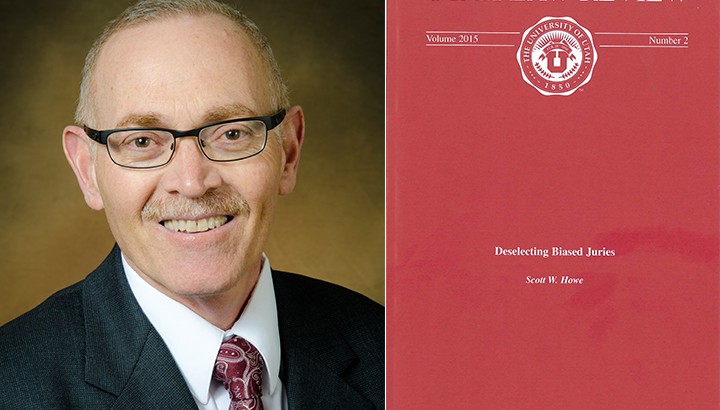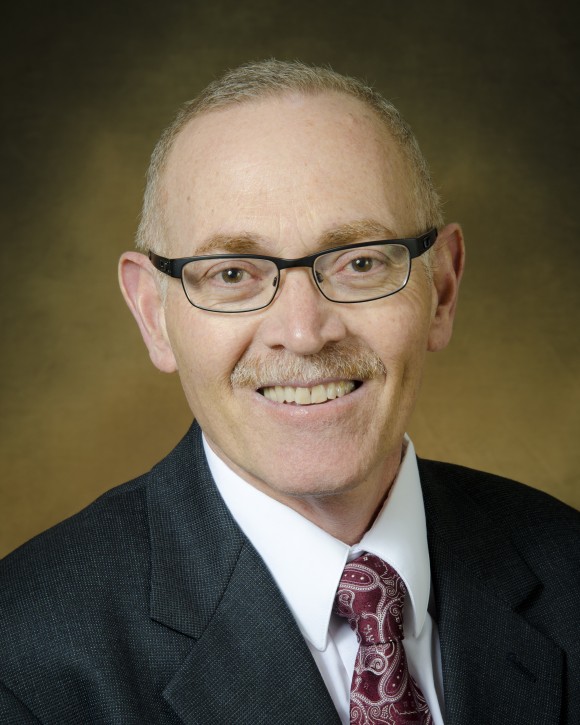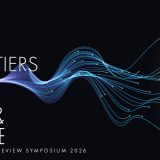
Fowler School of Law Professor Scott Howe Publishes Article in Utah Law Review
September 30, 2015
Chapman University Dale E. Fowler School of Law Professor of Criminal Law Scott Howe’s article entitled “
Deselecting Biased Juries
” was recently published in the
Utah Law Review
(Volume 2015, Number 2).
From the abstract:
Critics of peremptory-challenge systems commonly contend that they inevitably inflict inequality harm on many excused persons and should be abolished. Ironically, the Supreme Court fueled this argument with its decision in Batson v. Kentucky, 476 U.S. 79 (1986), by raising and endorsing the inequality claim sua sponte and then purporting to solve it with an approach that preserved peremptories. But the article shows that something other than inequality harm to excused persons is actually the central problem. The Court in the Batson cases only obliquely confronted it, because constitutional rulings cannot appropriately resolve it. That problem is the harm to disadvantaged litigants when their opponents use peremptories to secure a one-sided jury. The problem can arise often — whenever a venire is slanted in favor of one of the parties. The advantaged litigant can use peremptories to seat a large group of favorable jurors regardless of how the disadvantaged litigant exercises its peremptories. However, there is a remedy. Peremptory systems reflect the idea that parties acting in their self-interests can help pursue group neutrality on a jury. Similarly, by conferring on litigants a right to stop peremptories at any time, states can enlist them to determine when opposing parties are using peremptories to promote group bias.

Scott Howe has been a professor at the law school since 1996. He has substantial experience both as a criminal defense lawyer and as a teacher in the fields of criminal law, criminal procedure and evidence. He earned his B.A.,
summa cum laude
, in economics, from the University of Missouri, where he was inducted into Phi Beta Kappa. He earned his JD,
cum laude
, from the University of Michigan, where he was Administrative and Articles Editor on the
Michigan Law Review
. After law school, Professor Howe worked for five years as an attorney for the Public Defender Service for the District of Columbia, defending indigent persons charged with serious crimes, including first degree murder. He subsequently served as Deputy Director of the Texas Death Penalty Resource Center, in Austin, Texas, representing inmates under execution warrants on Texas’ death row. His representation during this period of death-row inmate Kerry Max Cook is recounted in Mr. Cook’s acclaimed memoir,
Chasing Justice: My Story of Freeing Myself After Two Decades on Death Row for a Crime I Didn’t Commit
. Before coming to Chapman, Professor Howe taught as an adjunct professor at the University of Texas Law School and then became a tenured full professor at Western New England College School of Law. At Chapman, he has been voted Professor of the Year three times by the graduating class. Recent articles include “The Federal Death Penalty and the Constitutionality of Capital Punishment,” 50
Criminal Law Bulletin
1388-1431 (2014) and “The Eighth Amendment as a Warrant Against Undeserved Punishment,” 22
William & Mary Bill of Rights Journal
91-131 (2013), with other articles published in a variety of leading law journals, including
University of Pennsylvania Law Review
,
Iowa Law Review
, and
Vanderbilt Law Review
. He is also a co-author of the third edition of
Understanding Capital Punishment Law
, a treatise published in 2012 by LexisNexis. Professor Howe served as Associate Dean for Academic Affairs from 1999 to 2007 and Interim Dean from 2010 to 2011.

